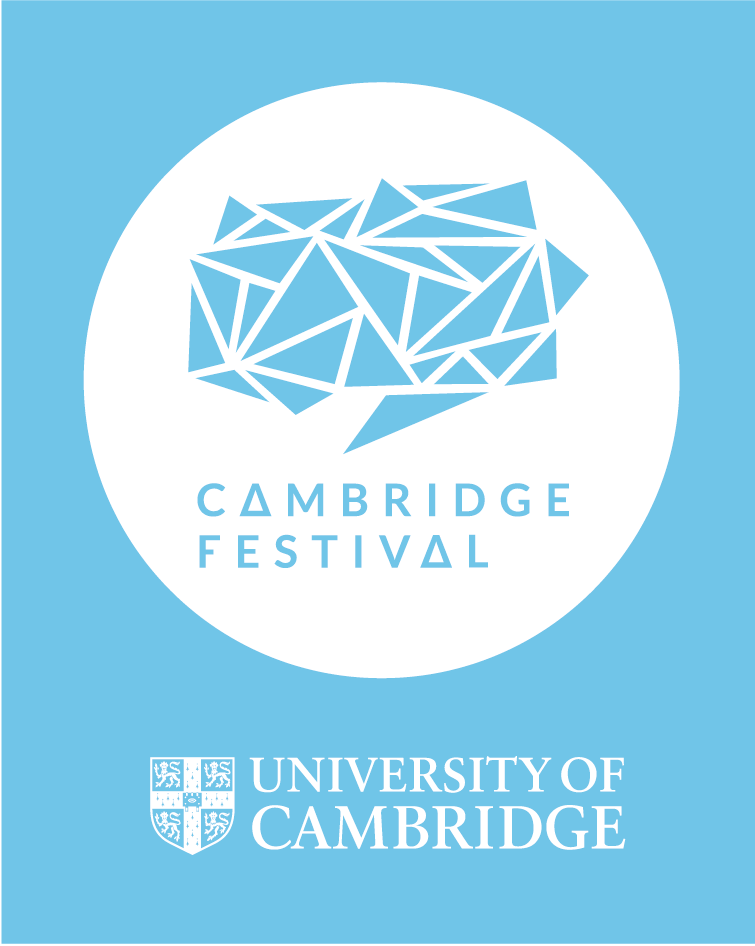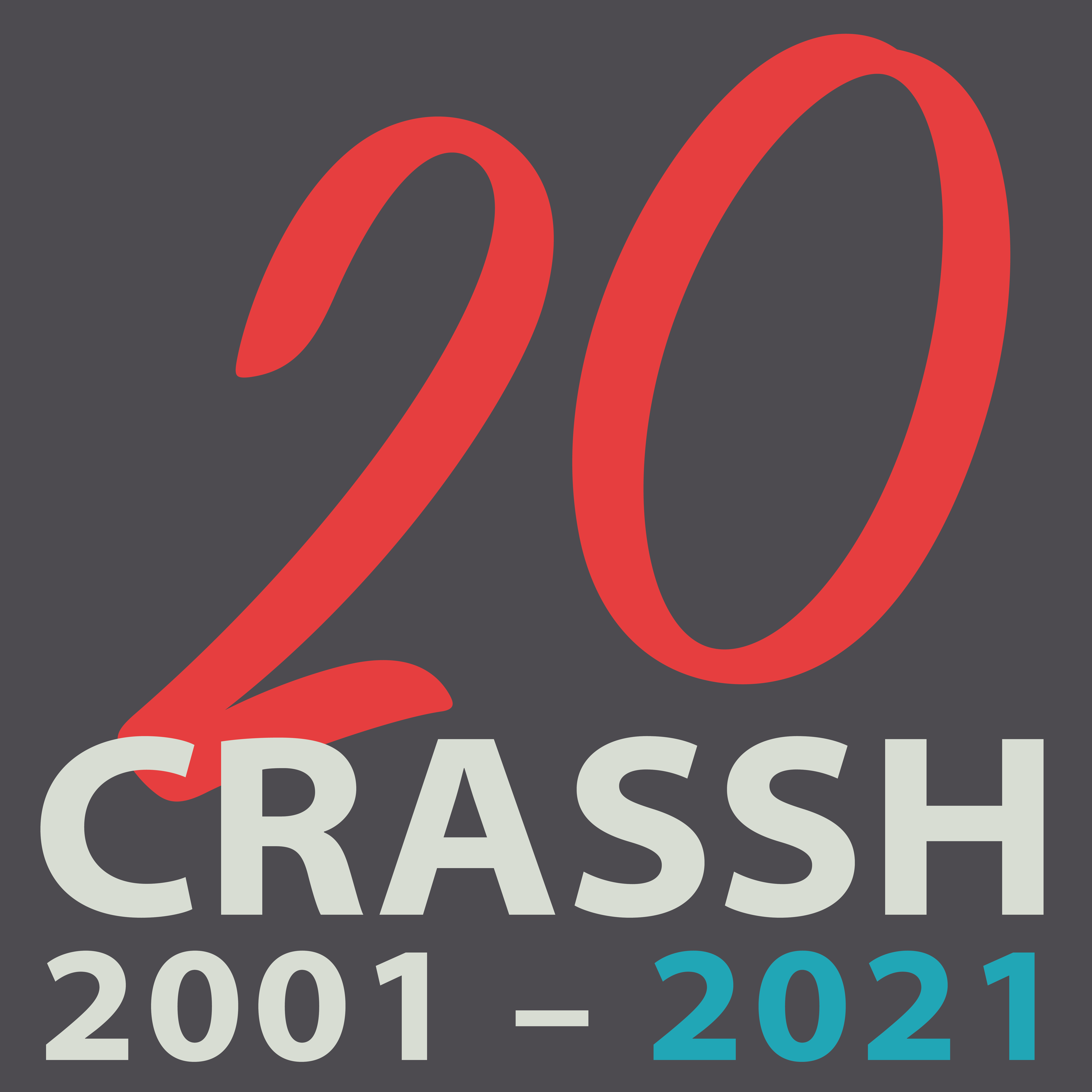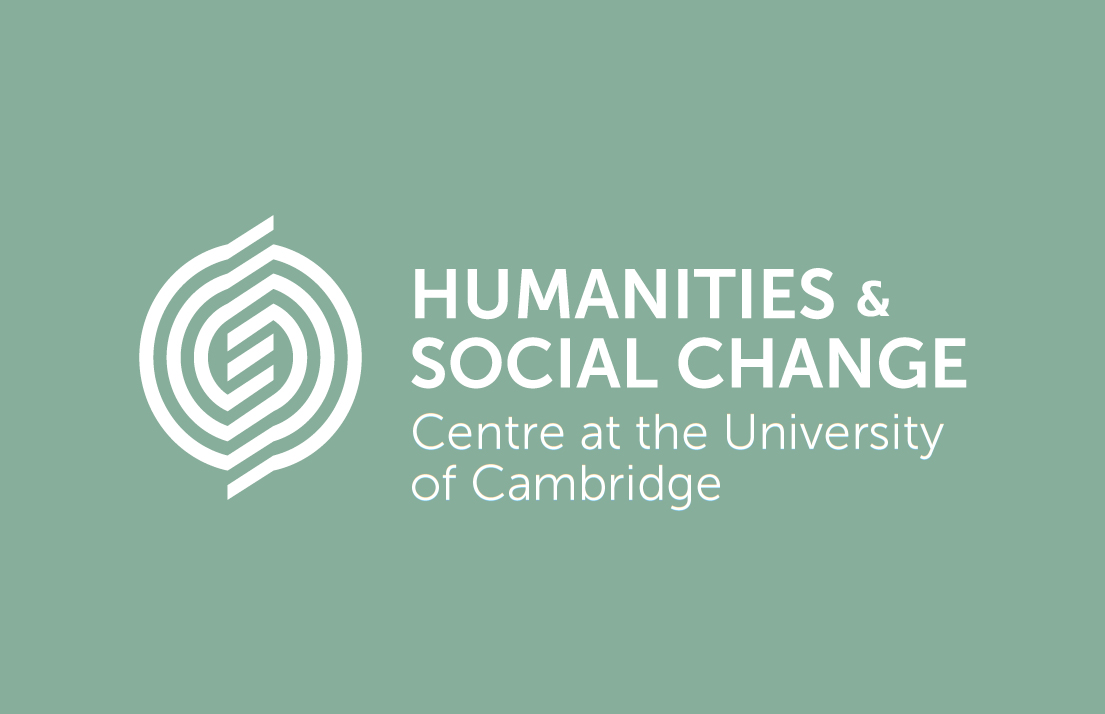| 1 Apr 2021 | 12:00pm - 1:00pm | Online | |
- Description
Description
Cambridge Festival Event
Pre-recorded presentation with a live introduction and Q&A.
Face masks were rarely seen on the streets of the UK at the start of 2020. By the end of the year, unless medically exempt, failing to wear a mask in a shop or on a train could result in a fine. Similarly, ‘social distancing’, ‘lockdown’ and ‘social bubble’ have become everyday language, signalling the social impact of the mitigation strategies introduced to prevent the spread of Covid-19. Alongside keys and wallet, face masks are now an item that should be on your person when you leave the house. However, their use was not recommended by the government from the start of the pandemic and has been subject to controversy and confusion.
This talk explores how science and expertise relating to face mask use were discussed on Twitter in the first 6 months of the pandemic. The aim of this ongoing research is to investigate how the scientific evidence behind the changing guidance influenced public understanding and how people discussed the use of face masks on social media. In particular, we examined what key topics were talked about at various stages of the pandemic and how these concerns shifted over time. While initially shortages of personal protective equipment (PPE) dominated the discussion, later the focus shifted to the mask wearing practices of politicians and other public figures. Additionally, we explore the different types of information sources circulated on Twitter about face-mask use, examine which news articles and scientific papers gained the most traction, and identify which organisations and individuals were most influential. We will discuss the ways in which these changing concerns and information sharing practices influenced public opinions on mask wearing.
Understanding these factors provides insights on the concerns of citizens and highlights which sources they utilise when sharing information about the ongoing pandemic. This is useful both in combating misinformation, helping with future public health information strategies, and understanding how the communication of scientific evidence influences behavioural change in the general population.
A talk by Hannah Baker (Expertise Under Pressure Project) and Shauna Concannon (Giving Voice to Digital Democracies Project).




